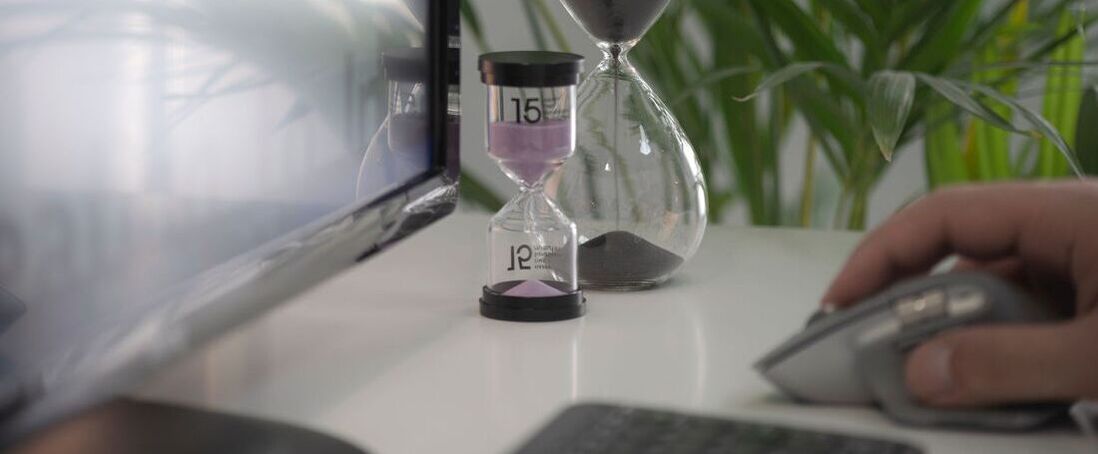|
In today’s world we are constantly stimulated and connected via our electronics and are often expected to respond straight away or quickly to most messages. Even if it’s not urgent there is still that little, and sometimes not so little, part of you that wants to go and have a look at the message. Before cell phones, giving your brain some down time was also challenging. It was pretty common to hear that people often complained about or resisted the idea of meditation. The number one complaint was by far that people feel restless, anxious, or frustrated/agitated when they stopped “doing” and had nothing to keep their mind busy.
Many people resist quiet brain time because it is common that the busyness or the constant stimulation is masking and helping manage these feelings of anxiety. Anxiety or anger is usually an emotion that has other emotions tucked away underneath it that are even less desirable to feel. These feelings could look like fear, sadness, grief or many more feelings and even combinations of those feelings. In other words, at first glance, it seems easier to feel the anxiety than it is to feel the actual feelings living underneath that anxiety. It’s ok to distract yourself from your emotions sometimes, but when it becomes the norm it can become a problem. Carrying around your feelings in a container without “emptying” the container regularly can be exhausting and it can be really scary to even start to open the lid on that container if you haven’t been taught how to process the emotion underneath that tightly fastened lid in a healthy way. If learning how to cope while experiencing emotions and also trying to give your brain some down time, seems like a huge mountain to climb, you might consider breaking it down into smaller bite sized steps. First try setting a timer and giving yourself a break from stimulation in mini sessions throughout the day. If you start with 10mins a day, 30 mins once a week, or even 1-5mins 1 to 2 times a day and gradually increase when you feel ready, it could be a more manageable approach.
It might be uncomfortable at first, but giving your brain downtime could result in less anxiety, more focus, and better ability to cope when life throws you curveballs. You don’t have to meditate, but it is helpful to take note of what you are feeling when you take a moment to be unoccupied or distracted. You could simply sit and watch the birds or the trees outside or focus on a simple breathing pattern while you note what feelings are coming up. If you feel like you have to do something, you could write down your feelings and what comes up around them or even repeat an easy mantra. If this is something that resonates with you but still feels too big to tackle on your own I would recommend seeking a mental health professional to have some support while navigating this. Contact us here to connect with a counsellor to book a complementary 15min consult to see if you are good fit. |


 RSS Feed
RSS Feed